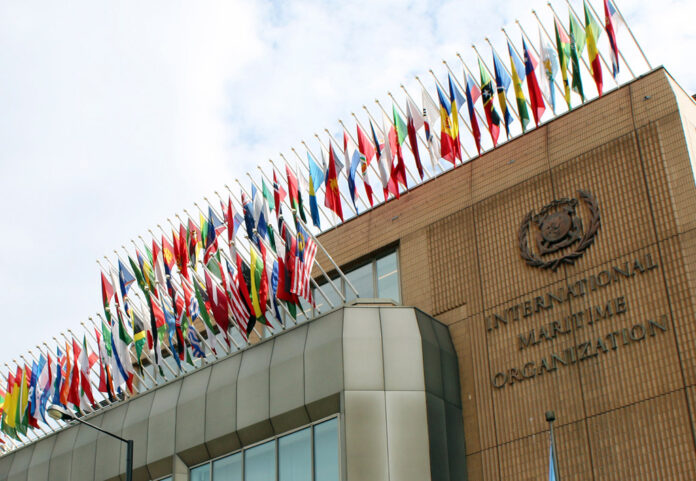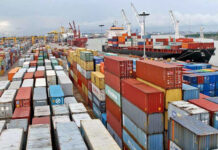The ever-evolving landscape of the international shipping sector demands constant adjustments to laws and regulations. In line with this need, the International Maritime Organization (IMO) is poised to take a significant step forward.
The Safety of Life at Sea (SOLAS) Convention serves as a safeguard for commercial ships navigating the high seas. However, its provisions thus far have only applied to staffed vessels, leaving a gap in addressing safety practices for modern self-propelled ships. To bridge this divide, the IMO’s Marine Safety Committee (MSC) is preparing to introduce a new code of operations within SOLAS that will encompass self-propelled vessels.
Safety requirements for manned ships differ from those for motorized ships. The existing SOLAS framework is tailored specifically to manned vessels, incorporating specialized topics such as Standards of Training, Certification, and Watchkeeping for Seafarers (STCW). To meet the demands of the present time, the MSC aims to append a new code entitled ‘Maritime Autonomous Surface Ship (MASS)’ to SOLAS for self-propelled ships. The IMO plans to implement this code as early as 2025.
However, it is important to note that this code is not mandatory. Classification Society DNV emphasized that legal obligations were not the primary focus during the drafting of the new code. Instead, greater emphasis has been placed on identifying potential risks associated with the utilization of automated technology in ship management.
Several committees within the IMO have already reached a consensus that every self-propelled surface vessel must have a Master who assumes full responsibility for all operational aspects of the ship. Irrespective of the extent to which modern automated technology is employed, this principle remains unchanged. The forthcoming code proposed by the Maritime Safety Committee will not alter this fundamental requirement.
SOLAS stands as the preeminent international agreement concerning the protection of commercial ships. However, the current iteration of the convention has undergone multiple rounds of reform, revision, and refinement. The initial version of SOLAS was adopted in 1914, in the aftermath of the tragic Titanic disaster. Subsequent editions were adopted in 1929, 1948, 1960, and 1974.The 1974 version underwent further revisions and refinements to assume its present form. Consequently, the prevailing International Convention on the Safety of Ships is commonly referred to as SOLAS, 1974.




